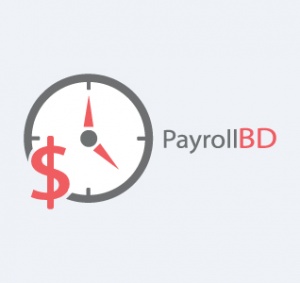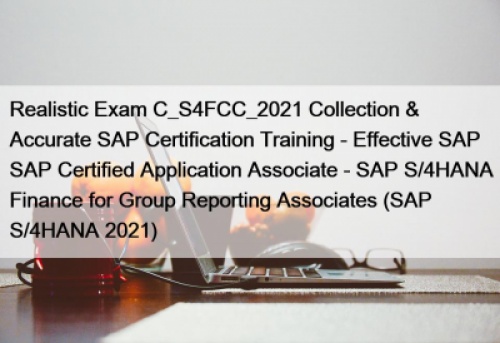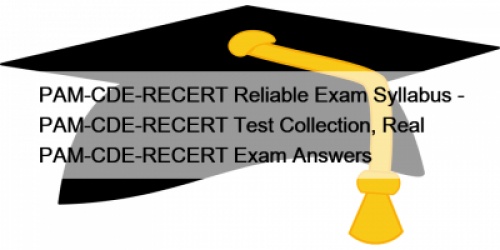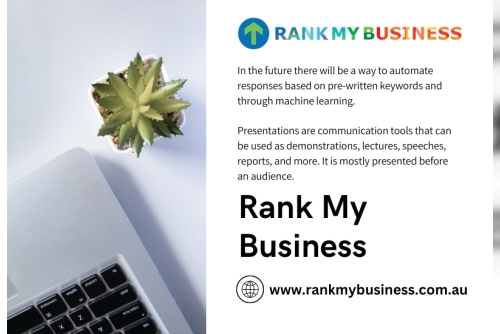Let’s Figure Out The Better Hiring Process Between EOR And Entity Setup
What is an Employer of Record? - a company that acts as the employee's employer for tax reasons while the employee works for another company. Established work tasks and liabilities are transferred to the employer of record.
According to surveys, global EOR services became more popular than legal entities in 2020 during the covid-19 epidemic, and around 36% of entities went on to employer of record.
What’s the Entity Setup? - an entity setup is a legal entity that was formed through one or more people that carry out the tasks of a business and that has its own legal identity for tax reasons.
How Does An Employer Of Record Operate?
You don't need to have a formal influence in the region if you have the EOR service providers. The employer of record services has firms set up in your target nations and acts as the legal employers, while you handle the day-to-day management of your personnel.
Payroll, taxes, and benefits, as well as any HR matters, will be handled by the EOR service providers. This frees you up to concentrate on training and developing your team's skills. Consider an employer of record services as a partnership for whom you are paying to take on all of the risk associated with entity setup.
Important: Collaborating with an employer of record eliminates the requirement for a business to create a shop as a separate organization, thereby lowering expenses and speed up the process.
How Does An Entity Setup Operate?
An offshore branch or overseas subsidiary is a legal entity setup that offers your company a legal and physical presence in another country. Companies require this information in order to determine how to compensate international staff.
A legal entity setup implies you've registered with local government, met the financing needs to open a domestic bank account, and also have a team of law, human resource, and financial specialists on staff to assure your company's continued compliance with local rules and regulations.
Did you know? The cost and time taken to register as a legal entity setup vary by country, but it can take up to 20 weeks and cost more than $80,000.
Key Components:
The straight global EOR services also contribute to success by allowing local experts to respond quickly and accurately to support local personnel.
Terminating an employee and leaving the country is a simple procedure for the global EOR services.
On the owner's income tax returns, revenues are only taxed once for the legal entity setup.
Employer Of Record: Pros Vs Cons
Pros
Because the global EOR services are in place, staff can be hired immediately away
There is a one-time EOR setup fee that is far cheaper than the costsSetting up a company with one or even more employees in multiple countriesCons
Each additional employee incurs a monthly cost.
All terminations and compliance issues must be handled through the employer of record.
The EOR service providers organization and how to communicate with their overseas employer may be perplexing to employees.
Entity Setup: Pros Vs Cons
Pros
Allows your business to be completely self-sufficient in terms of hiring and payroll management.
They can rely on the nearest branch of your firm once payroll is set up.
Once payroll is set up, the cost of hiring more employees is minimal.
Establishing a foreign entity could be expensive and time-consuming.
To comply with rules, legal, corporate, and payroll professionals will have to be employed.
It's difficult to easily disband the company and leave the nation, or to keep staff after the exit.
Comparison Between EOR And Legal Entity
So, Which Is The Better Option For International Hiring?
The ideal solution for your firm will be determined by its worldwide expansion strategy, the quantity of personnel being hired, and whether or not you are recruiting in several countries. Some businesses may start with just the EOR service providers and later migrate to their own organization, or vice versa, where they probably end up their own entity and still need a way to keep remote workers. When a company finds one or more people they wish to hire and enroll quickly, they use an employer of record services. Smaller businesses and entrepreneurs may not have had the HR knowledge to operate payroll on their own and will need to depend on the EOR's experience to be compliant. Multinationals with operations in other countries will frequently establish a subsidiary and they have a commitment to the industry. Due to skill sets, language, and location, this can also sound right if a corporation wishes to hire a whole remote staff in the same region.
To Sum Up
While you focus on staff management and performance, the EORs have a foundation in local employment regulations to ensure your business stays compliant. A national account manager oversees the entire process from start to finish, providing you with a point of contact and help. If you are looking for an EOR service or entity setup in Bangladesh then visit this site.















